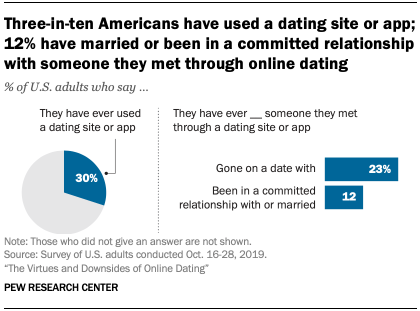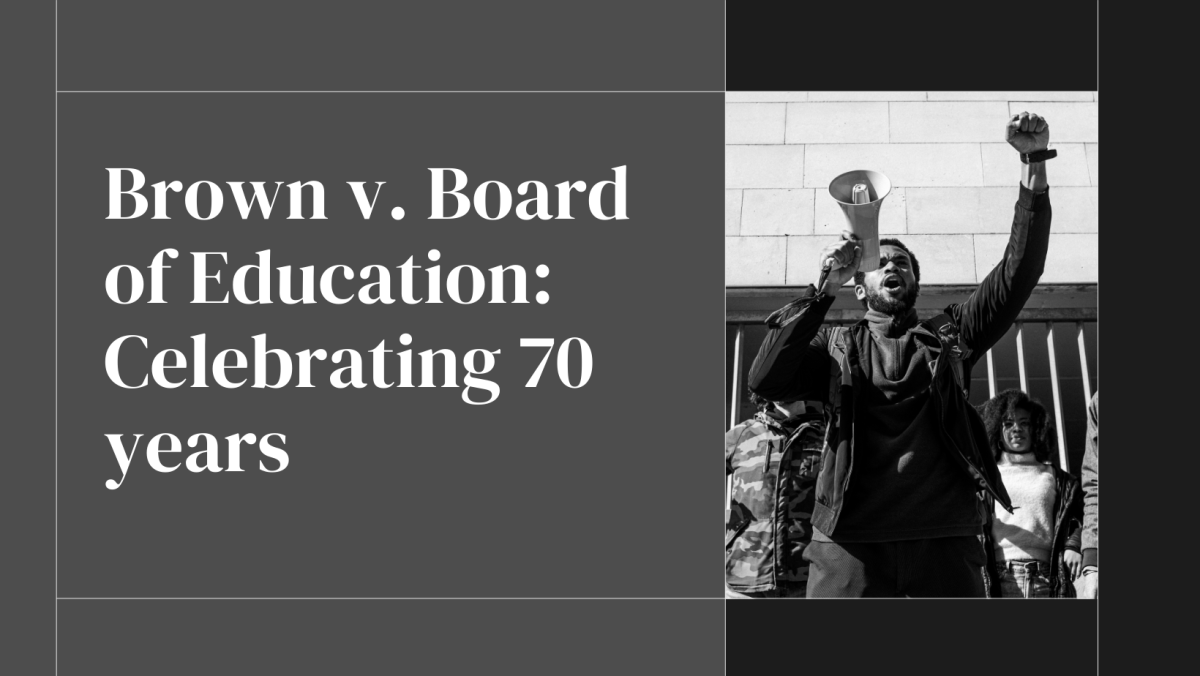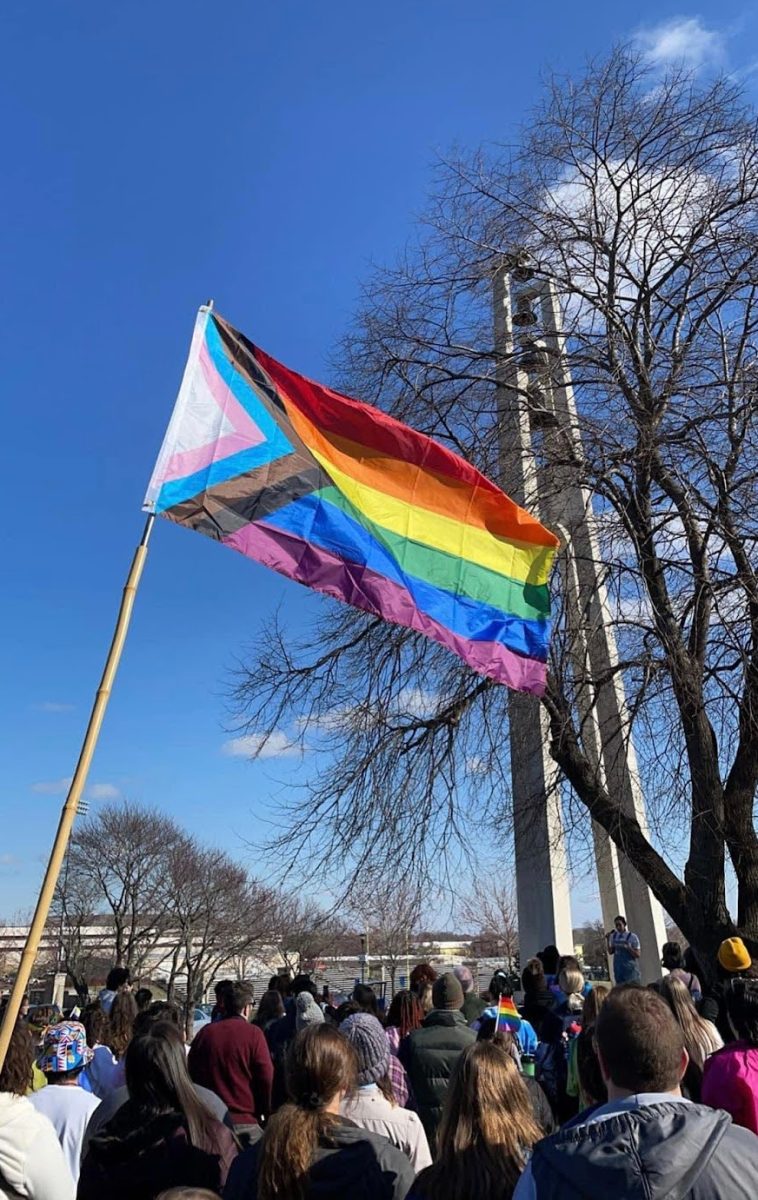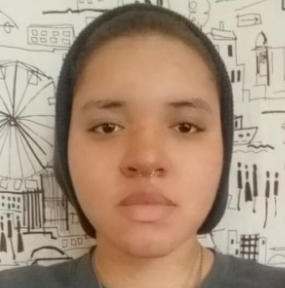
Online dating has become increasingly popular over the years with millions of people using a variety of apps. The effectiveness of dating apps depends on how people use them.
Despite this popularity, some people believe that online dating took away the traditional, romantic ways of building a relationship with someone in real life and turned it into a more complicated and unrealistic practice.
Lois Liljestrom, sophomore psychology and sociology major, thinks that dating apps make finding relationships harder because many people have high expectations when meeting someone online.
“I think in a way they’ve made them harder because you have a lot of people that live online and they have preset expectations of this partner to be able to provide everything for them that isn’t necessarily going to be [great] to have them,” Liljestrom said.
Julia Johnson, sophomore music education major, thinks it is rare for people to find their true love or get married to their matches on dating apps.
“You don’t hear that very often. More often you hear about ‘wack Tinder dates’ and you hear about ‘ghosting’ and you hear about all of the [negatives],” Johnson said. “You very rarely hear about the positives.”
It is speculated that the amount of failed experiences on dating apps could be a result of the ratio of successful and unsuccessful matches or that people enjoy capitalizing on bad dating experiences. Despite these beliefs, most dating apps have new and improved designs that make finding a partner easier, especially for introverted people.
For example, Tinder is still used for romantic interactions but lately has been popularly used to find casual relationships and to make new friends. Hinge is designed for people who want to find meaningful relationships quicker than on other dating apps. Bumble changes the traditional way of finding dates by encouraging women to reach out first instead of men.
Most apps, such as these, even offer paid advanced features, including sending unlimited likes, setting dating preferences, seeing who liked your profile, extending the time with current matches, boosting your profile for more people to view it and much more. This gives users a chance to learn more about their match and carefully decide if they want to pursue a potential date.
Kamryn Dollahon, senior art major, thinks these apps can be useful for college students to meet new people if they are new to the area.
“It is a good way to get to know people even if you’re not actually looking for a relationship,” Dollahon said. “So, I think a lot of college students might do that to try to find more people, especially if they’re moving to a new city or even state.”
Dating apps can also be convenient for college students since most of them use social media and electronics all the time.
“The screen is what we know, especially now,” Johnson said. “So, if I know that I can add you on Snapchat or I know that I can add you on Instagram and that can be a thing, then I also know that I can swipe right or swipe left.”
The difficulty of using dating apps varies from person to person, but there is no argument about the possibility of experiencing dangers and risks.
Many people, especially women and college students, have reported experiencing some form of harassment when using dating apps. This includes bullying, catfishing, scams, ghosting and even assault.
According to Pew Research Center, 54% of women and 25% of men felt overwhelmed by the amount of messages they received on dating apps, while 64% of men and 40% of women felt insecure about the lack of messages.
According to BYU Magazine, 14% of 2,000 sexual assault attacks from 2017 to 2020 occurred at the first in-person meeting after connecting on a dating app.
Sanchez and Johnson also gave their thoughts on the safety of dating apps.
“Definitely 50/50,” Sanchez said. “As a woman, you hear so many stories about girls going on dates with guys that they met and then it doesn’t end well.”
“As with any social media, you cannot actually vet someone’s identity through what they’re showing on the screen,” Johnson said. “So, you’re never gonna really know anything until you know it for real.”
Ways to stay safe on dating apps include using different photos to prevent reverse image searches, keeping conversations on the app for at least the first few weeks, doing a background check and video chatting with your match to make sure they are truthful about their identity, going to a public place when you meet with your date, telling a loved one where you are going with your date and providing your own form of transportation in case you need to head home.
There is also an app called Noonlight that can provide safety when using dating apps.
Noonlight is a personal safety app that is available in all 50 states. If you are ever in an emergency, Noonlight uses your location and information from your mobile device to share with their dispatchers.
How it works is that you open the app and hold down the button until you feel safe. Once you are safe, release the button and enter your four-digit pin to confirm your safety. If you are in danger, release the button and do not enter your pin; this will trigger an alarm and a dispatcher will contact you to confirm that you need emergency services. When using the app, make sure that you have data or an internet connection to make sure that the dispatcher can track your exact location and are able to contact you.
The app also has a Safety Network where you can add friends and family to request a check-in whenever you go out. If you don’t respond to their check-in, they can track your location and send emergency services, if need be. You can also share your live location for up to 24 hours. This feature is only available on IOS, but Android users can still be invited to others’ Safety Network.
There is a mixed reception on the worthiness of dating apps, but the use of them is ultimately up to each individual. Based on findings, Tinder, Hinge and Bumble are good apps to start with depending on your dating goals. It is best to do your own research and take all the precautions needed to make sure you have a safe and fulfilling experience with dating apps.
Edited by Jeremy Ford and Morgan Albrecht










